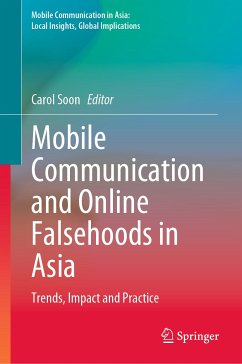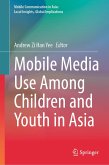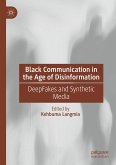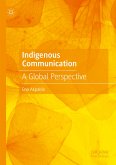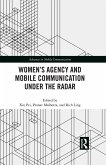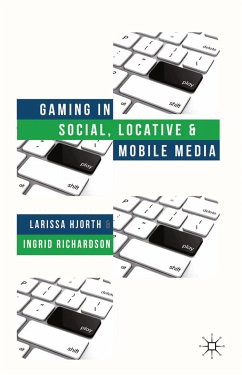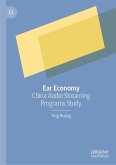This book focuses on developments and trends pertaining to online falsehoods and mobile instant messaging services (MIMS), the impact of online falsehoods transmitted via MIMS, and practice and intervention. As the reliance on mobile devices for news seeking and information sharing continues to grow, the spread of online falsehoods on MIMS is a problem that confounds academics, practitioners, and policymakers. Recent developments in countries such as Brazil and India demonstrate how MIMS facilitate the spread of online falsehoods. Given that a number of non-academic and non-governmental institutions in the region are doing important work in countering the influence of online falsehoods, this book also includes contributions by practitioners who design initiatives and programmes in this area. The book is a timely contribution in addressing the distinct issues of online falsehoods in a large, technophilic region such as Asia, grappling with problems of online falsehoods on so many fronts, including ideological extremism, political opportunism, cyberscams, political activism, digitalised learning, geopolitical tensions, and more. Relevant to researchers and policymakers, this book provides a timely and critical analysis of both research and practice conducted in the Asian context by scholars hailing from a range of disciplines such media studies, political communication, cultural studies, and cognitive science.
Dieser Download kann aus rechtlichen Gründen nur mit Rechnungsadresse in A, B, BG, CY, CZ, D, DK, EW, E, FIN, F, GR, HR, H, IRL, I, LT, L, LR, M, NL, PL, P, R, S, SLO, SK ausgeliefert werden.

